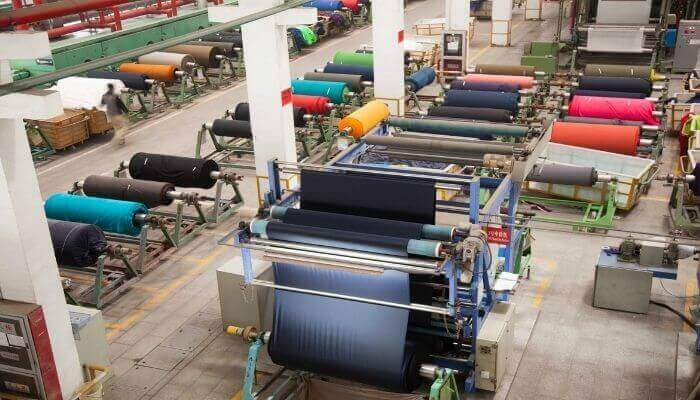Import dependency plagues Nigeria’s textile industry, with the National Union of Textile Garment and Tailoring Workers of Nigeria (NUTGTWN) revealing that over $4 billion worth of textile goods are imported annually, representing nearly 90% of the sector’s consumption.
Meanwhile, the federal government unveils plans to rejuvenate the dormant sector, showcasing its commitment to revitalizing Nigeria’s textile industry.
John Adaji, the ex-President of NUTGTWN, disclosed this during the opening session of the recently concluded 13th National Delegates Conference in Abuja. He urged the Federal Government to enact policies aimed at breathing new life into the stagnant industry.
“90 percent of textile products in Nigerian markets today are imported. The government should revive and invest in the textile industry in order to create 2 million jobs in the country and as well reduce over $4 billion import bill incurred on textile and apparels annually,” he stated.
Adaji voiced his distress over the steep production expenses tied to textile materials in Nigeria, pinpointing deficient infrastructure and escalating energy expenses as the primary factors.
He also highlighted the industry’s ongoing struggle with low patronage, particularly from government agencies and parastatals, despite the Federal government’s Executive Order 003. This directive mandates Ministries, Departments, and Agencies (MDAs) to allocate a higher portion of their budgets to domestically manufactured goods.
Referencing South Africa’s clothing and textile sector which experienced a lull due to lack of local patronage and dumping of imported textile materials, he however noted that because of conscious efforts on the part of the South Africa government through “Buy South Africa” Campaign, the textile and clothing sector has been revived with many jobs created.
Read also: Uganda Moves To Declare War On Imported Used Clothing
Meanwhile, also speaking at the conference, the Permanent Secretary at the Ministry of Industry, Trade, and Investment, Amb. Nura Rimi, expressed the desire of the government to revive the sector to its revenue-generating status.
Rimi said the government had initiated lots of reforms geared towards resuscitating the sector, particularly in policy development and implementation to impact both the industry and the economy.
He mentioned that historically, the sector employed approximately 450,000 Nigerians across more than 170 textile mills spread throughout the country.
He indicated that the ministry is in the last phase of fine-tuning the textile adjustment tax levy. He underscored the necessity for coordinated efforts and strategic initiatives from both government entities and the private sector to address the opportunities and challenges within the CTG sector effectively.
Rimi detailed a range of strategies devised to revitalize the sector, including allocating a N100 billion grant for equipment procurement, providing seeds to cotton producers, issuing Import Duty Exemption Certificates for duty-free importation of machinery and spare parts, and implementing Federal Government’s Executive Order 003 to stimulate local patronage and expand market reach in the sector.
